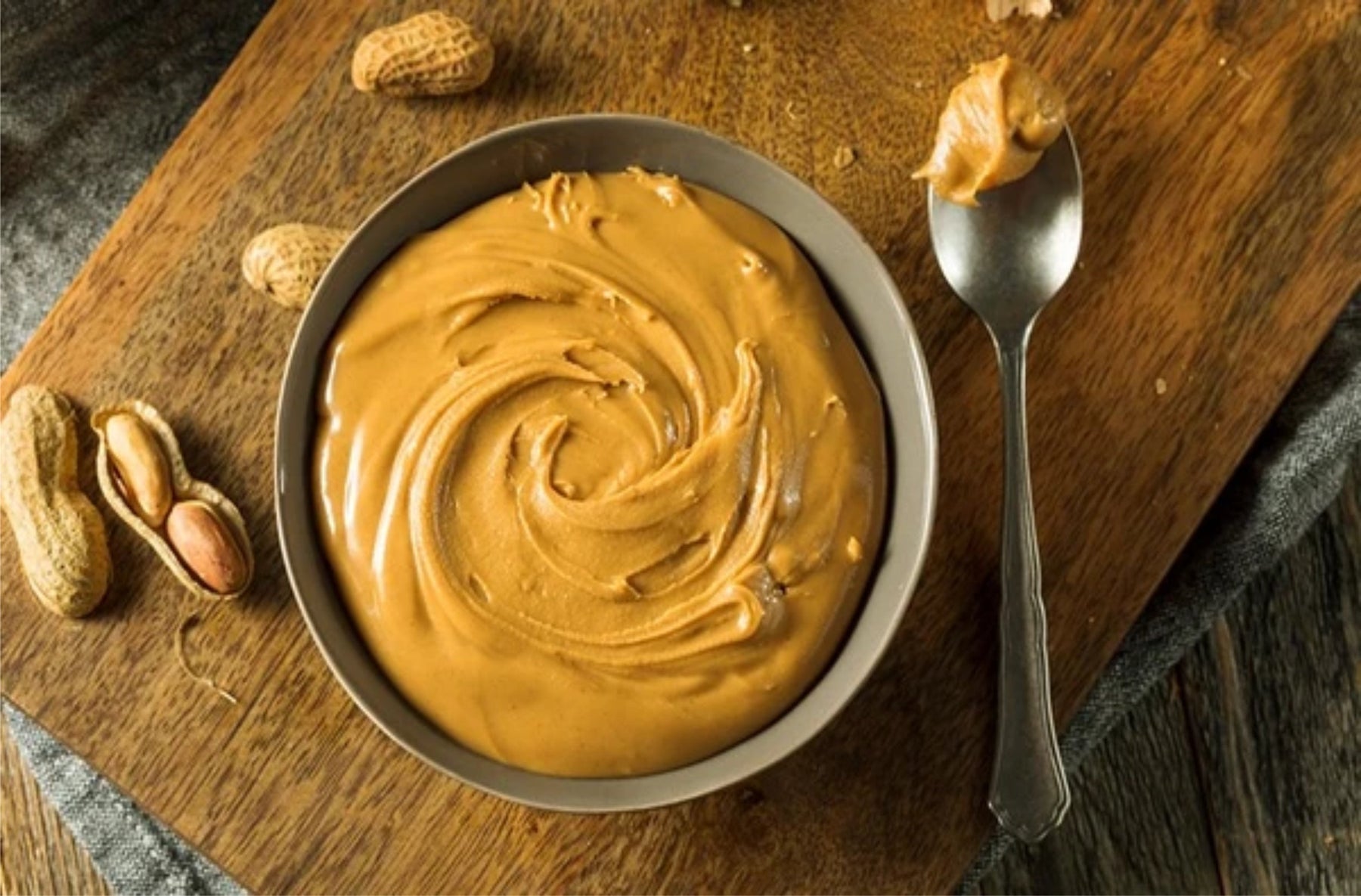February 11, 2020
Madhura Mohan
Does Excess Calorie In Peanut Butter Make You Gain Weight?
Changing lifestyle coupled with a shift towards the intake of convenient and healthy food has led to the increasing demand for peanut butter.
While people across the globe have started shifting towards healthier breakfast and on the go snack options, the inexpensive, easy, filling, creamy, tasty peanut butter becomes the classic choice that is perfect for all age groups.
Peanut butter, a spread made from peanuts has emerged as a functional food containing numerous health-promoting compounds, including arginine, dietary fibre, folate, and niacin. It is often marketed as an alternative to dairy butter and as one of the best plant-based protein options for vegetarians and vegans.
Despite its reputation for several good reasons, certain people are wary of peanut butter due to its high fat and calorie content. While peanut butter gets a top grade for how it ranks in protein and fibre composition, it gets low grade for its fat and calorie composition. Should the fat and calories in peanut butter be considered a concern?
This article is for all the peanut butter lovers out there and those who are yet to try it fearing the calorie and fat composition.
Ok, let’s go ahead and discuss in this article, the effect of high fat, calorie-filled peanut butter on weight…
Peanut Butter– High In Fat & High In Calories
If you have followed our previous blog, How To Store Peanut Butter, I am sure you know which peanut butter to buy. Thumbs up, if you are saying natural peanut butter! That’s great knowing! The ones with added sugars or hydrogenated oils shouldn’t be your choice. Let’s consider here the nutritional profile of natural Peanut butter to discuss the topic in hand.
A typical serving (32g/2tbsp) of natural peanut butter provides 200-210 calories, 16g fat, 9-9.6g protein, and 6-6.3g carbohydrates. For obvious reasons, the big numbers will catch your sight here.
While oils, butter, fats, fried foods, sugary sweets, junk foods are considered unhealthy due to their high fat and calories, this is not always true. Peanut butter though high in calories, is loaded with good fats, fibre, essential vitamins and minerals.
Does Peanut Butter Contain Unhealthy Fats?
Most foods with fat have saturated, unsaturated or trans fat. Saturated fats and trans fat are considered unhealthy as opposed to unsaturated fats which are considered heart-healthy. Although it may appear to you that peanut butter has a high-fat content, you must know that about 75% of the fat in peanut butter is unsaturated. Contrary to saturated fat, unsaturated fat is good for heart health and may help reduce levels of bad cholesterol.
If a serving of natural peanut butter(32g /2tbsp) contains 16g fat, 3g of the total fat would be saturated one, 4g would be polyunsaturated fat and the remaining 8g would be monounsaturated fat. As I told you earlier, 75% of the fat in peanut butter comprises of the unsaturated fat, which is healthy and constitutes a good ratio to the daily intake of fat.
For a 1500-calorie diet, your daily intake of fat should be 33g-50g. A serving of peanut butter fits into this allotment.
Does Calorie In Peanut butter Pose A Challenge For Maintaining Lean Physique?
Let me give you brief information about calorie on the first note. A calorie count is nothing but the measure of energy. In a nutritional sense, macronutrients like protein, carbohydrates, and fat are the major sources of calories, which are needed to live and function. The calorie requirement of a person in a day depends on the individual’s activity level and resting metabolic rate.
Peanut butter is something which gives a calorie-filled, tasty boost of healthy fats and protein.
The high calories in peanut butter will contribute to weight gain when you consume it in conjunction with other high-calorie diets. The peanut butter will not lead to weight gain when consumed as a part of a balanced diet. The good amount of protein in peanut butter benefit weight loss by promoting fullness, and preserving muscle mass when you use in moderation as a part of a balanced diet and regular exercise regime.
For those of you watching your weight or having weight management as your goal, I would suggest to make peanut butter addition to your balanced diet and exercise regime and not to exceed the recommended serving size. If a serving of peanut butter contains about 200 calories, downing 3 serving of peanut butter a day adds 600 calories to your daily diet, which will no doubt lead to weight gain. Now, you also know that, although peanut butter contains high levels of fat, it contains low levels of saturated fats and significant amounts of good fats that are healthful.
Tip: Try to be in a caloric balance, which means the calories consumed are balanced by the calories burned to maintain your body weight.
As a final note, consuming more calories than you burn will no doubt lead to weight gain…hence like most foods, moderation is the key to peanut butter…
Peanut butter shouldn’t be treated as a culprit here, any food can cause you to become fat if you eat too much of them…so guys count on your calories and shed sweat in the gym as there are no shortcuts to fitness…
 Follow our Instagram page for the latest updates: badalkhudko
Follow our Instagram page for the latest updates: badalkhudko


 Follow our Instagram page for the latest updates: badalkhudko
Follow our Instagram page for the latest updates: badalkhudko








Leave a comment